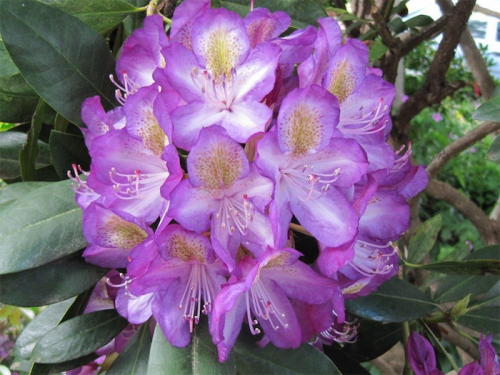
IT’S not right to suggest winter in the garden is dreary and lacking interest when there are shrubs available that offer stunning flower colour over the colder months.

Many such winter-flowering plants also excel in rich fragrance starting with Daphnes.
The stalwart of the Daphne family is surely the old favourite, Daphne odora. The plant in our garden has so many buds waiting to burst into bloom it would be an impossibility to try to count them. Another is Daphne odora aureomarginata with its yellow-tinged leaves. Robin White’s book “Daphnes – a practical guide for gardeners” (Timber Press) is the “bible” of these magnificent plants in which he describes more than 200 varieties of Daphne.
Then there are some of the most spectacular flowers in the world that come from the most severe weather conditions imaginable, the Himalaya.
The rhododendron family, which includes azaleas, are budding up so fast some in our garden couldn’t wait and are already in flower.
Buy and plant them now with the bushes heavy with swollen flower buds, which offers the added pleasure of watching them gradually open into all their glory.
While not so spectacular, the Pieris family still presents a wonderful show with its common name of Pearl Bush. The long clusters of white or pink flowers resemble a string of pearls. Its bush’s red leaves provide a lovely backdrop to set off the emerging flowers.
Then there is the truly unusual winter-flowering Clematis napaulensis. This, along with a few other select clematis, such as “Wisley Cream” are totally bare in summer. Then the colder it gets they sprout leaves and flowers all through winter.
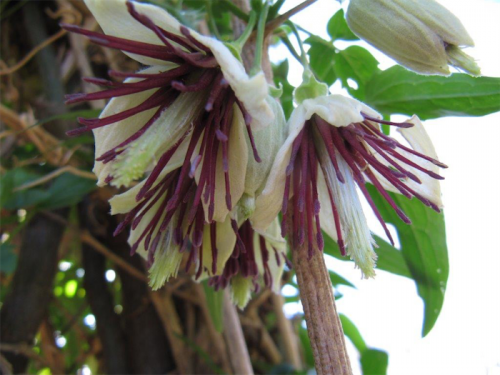
IT is always distressing to see another independent garden centre close its doors. Having gone through the process many years ago, I feel for the owners, in this case Don and Lisa Franklin, of Parkwood Garden Centre, in West Belconnen.
It is hard to compete against the “giants” with their massive buying and advertising power. I have watched numerous garden centres in Canberra and Queanbeyan close in recent years.
Their owners gave personalised attention combined with professional horticultural advice. Plus they supported their local community with donations of plants to school fetes and the like.
Don Franklin will continue with his horticultural services such as fruit tree and rose pruning, and horticultural advice (0438 622653 or info@donfranklin.com.au).
ANYONE really into certified organics needs to be aware that most potting mixes have chemical, slow-release fertilisers in the mix. This is promoted as a selling point to give plants a good start in life.
Even cow manure is not necessarily organic, depending on what the animals have been fed. In cattle feedlots the animals are fed with additives to enhance their growth. Even if they’ve only eaten grass, how do we know if this has had massive amounts of superphosphate added. And most chook poo is from battery hens fed with large amounts of hormones!
Jottings…
- Winter’s a good time to clean out the garden shed, firstly getting rid of expired chemical fertilisers.
- Sharpen secateurs and loppers in readiness for the pruning season.
- Remove dead branches of Japanese maples and prune to improve shape now rather than spring when the sap is flowing.
- Pat and Warwick Wright will discuss “Who’s the smartest – plants or animals?” at the next meeting of the Horticultural Society at the Wesley Church Centre, National Circuit, Forrest, 7.30pm, on Monday, June 18. All welcome.
Who can be trusted?
In a world of spin and confusion, there’s never been a more important time to support independent journalism in Canberra.
If you trust our work online and want to enforce the power of independent voices, I invite you to make a small contribution.
Every dollar of support is invested back into our journalism to help keep citynews.com.au strong and free.
Thank you,
Ian Meikle, editor
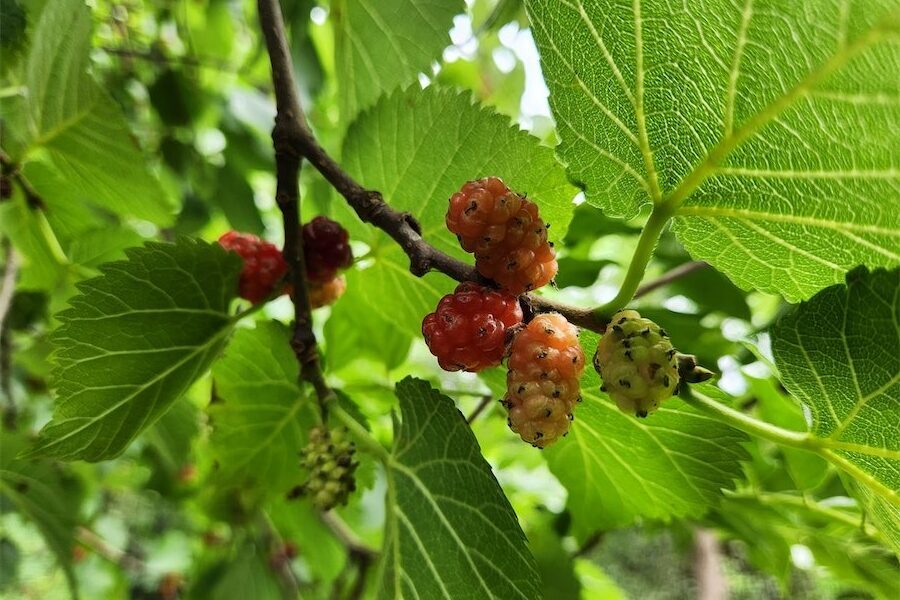
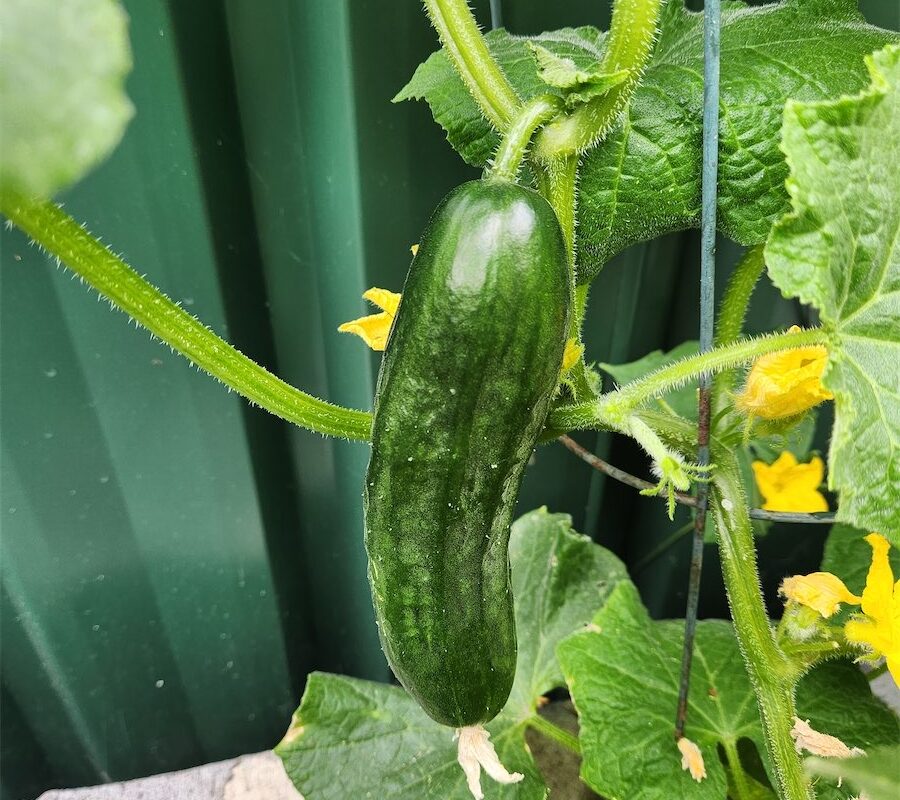
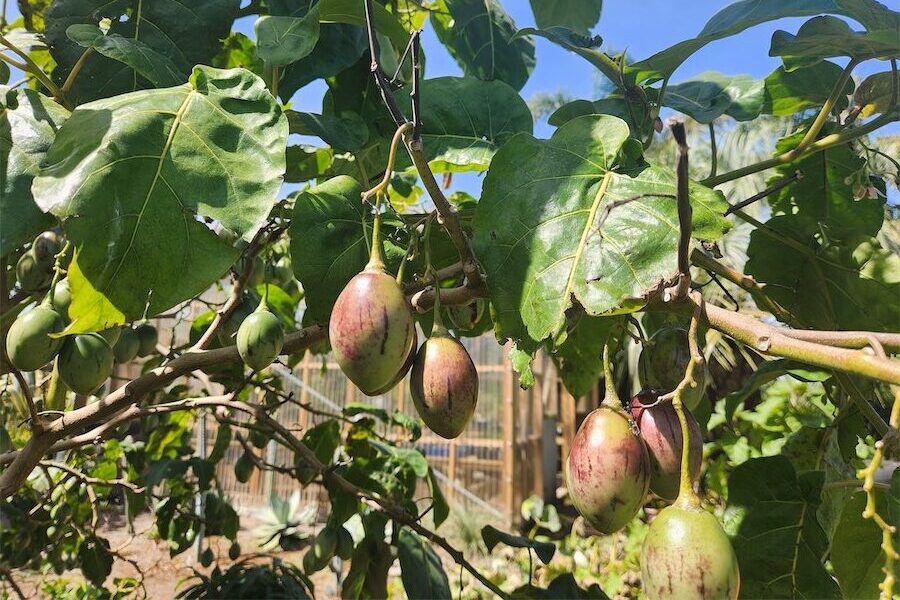

Leave a Reply